
In a single frame from a movie, a new bio-inspired smart neuromorphic sensor can identify moving objects and accurately anticipate where they will go next. Various industries, including dynamic visual sensing, automatic inspection, industrial process management, robotic guiding, and autonomous driving technology, will benefit from using this smart sensor. Current motion detection systems could be [..]
Read More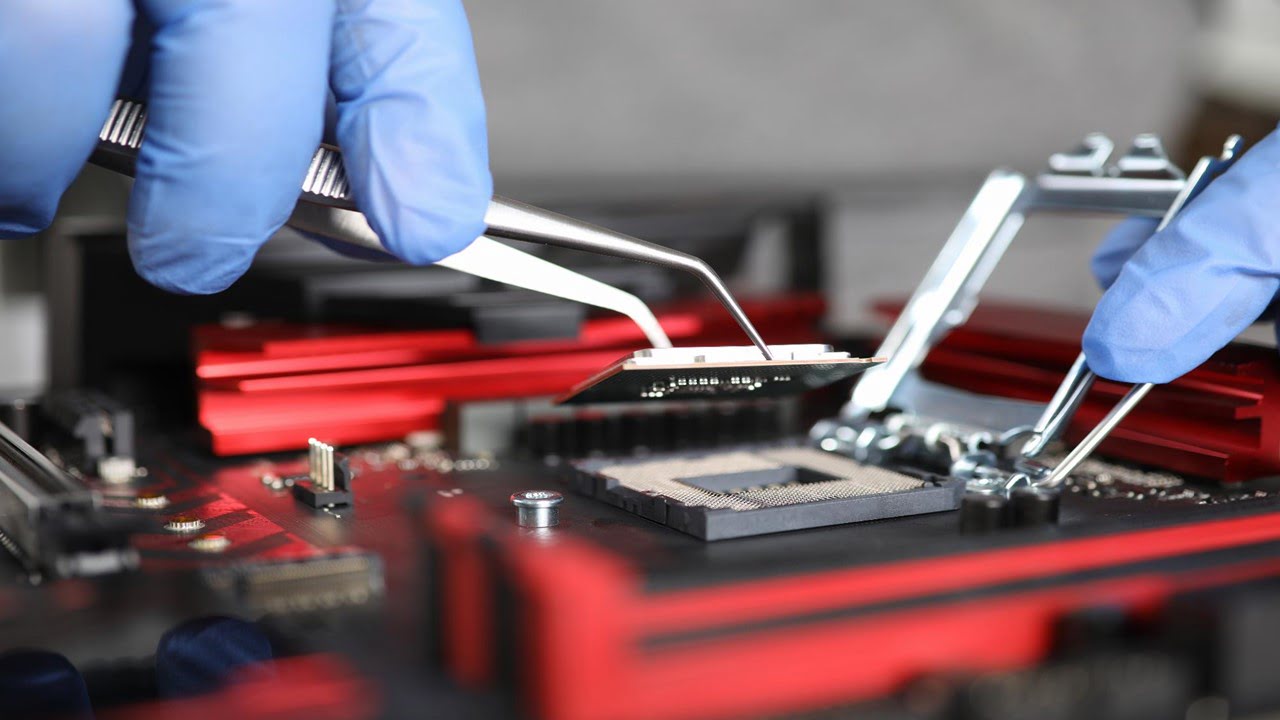
Researchers have outlined current developments in developing moiré photonics and optoelectronics. Moiré superlattices are artificial quantum materials created by vertically stacking two or more two-dimensional (2D) layered materials with a little lattice mismatch and/or a slight rotational twist. They present a potential landscape with a length scale much wider than the crystal periodicity of the [..]
Read More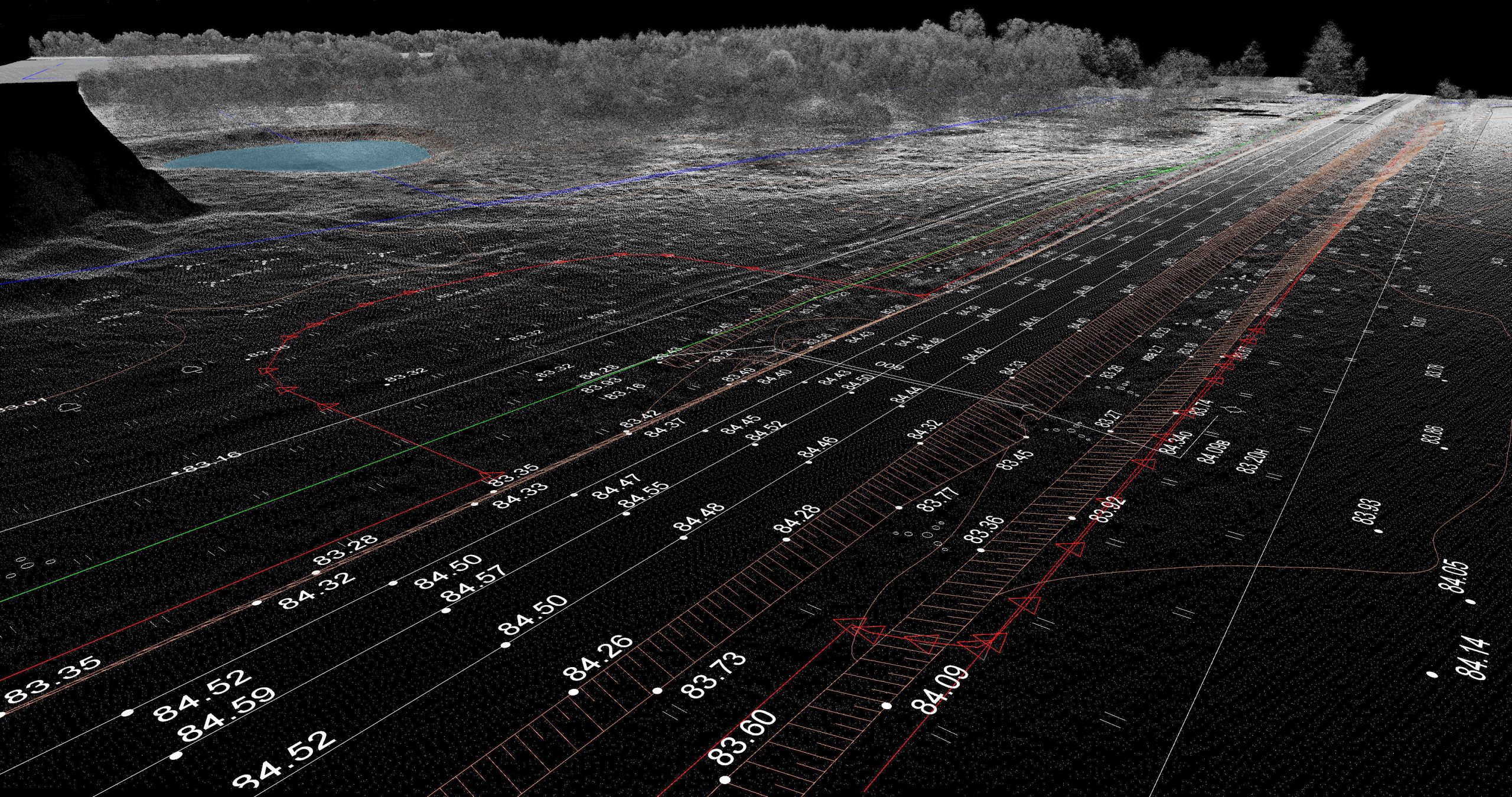
Continuous-wave light detection and ranging (LiDAR) systems may benefit from a new ultrafast tunable laser based on low-loss lithium niobate integrated photonics. The device outperforms earlier similar lasers in terms of laser linewidth and has a high rate of frequency adjusting. The substantial optical signal losses and volatile nature of today’s programmable photonic integrated circuits [..]
Read More
Researchers have created a novel method to swiftly pinpoint the precise electrochemical processes occurring in batteries and supercapacitors of different compositions. This innovation could hasten the development of more effective energy storage technologies. The innovative approach developed by the researchers provides a technique to track the placement and motion of ions from electrolyte to electrode [..]
Read More
To achieve previously unreachable data transfer speeds, a research team has succeeded in optically switching a light signal at attosecond rates. One quintillionth of a second is an attosecond. Using all-optical switching of a light signal on and off to achieve data transfer speeds more than a petahertz, measured at the attosecond time scale, is [..]
Read More
A study claims that artificial intelligence could speed up the diagnosis and treatment of gliomas by making it possible to check for genetic alterations in dangerous brain tumors in less than 90 seconds. DeepGlioma is an AI-based diagnostic screening system that employs fast imaging to examine tumor specimens obtained during an operation and find genetic [..]
Read More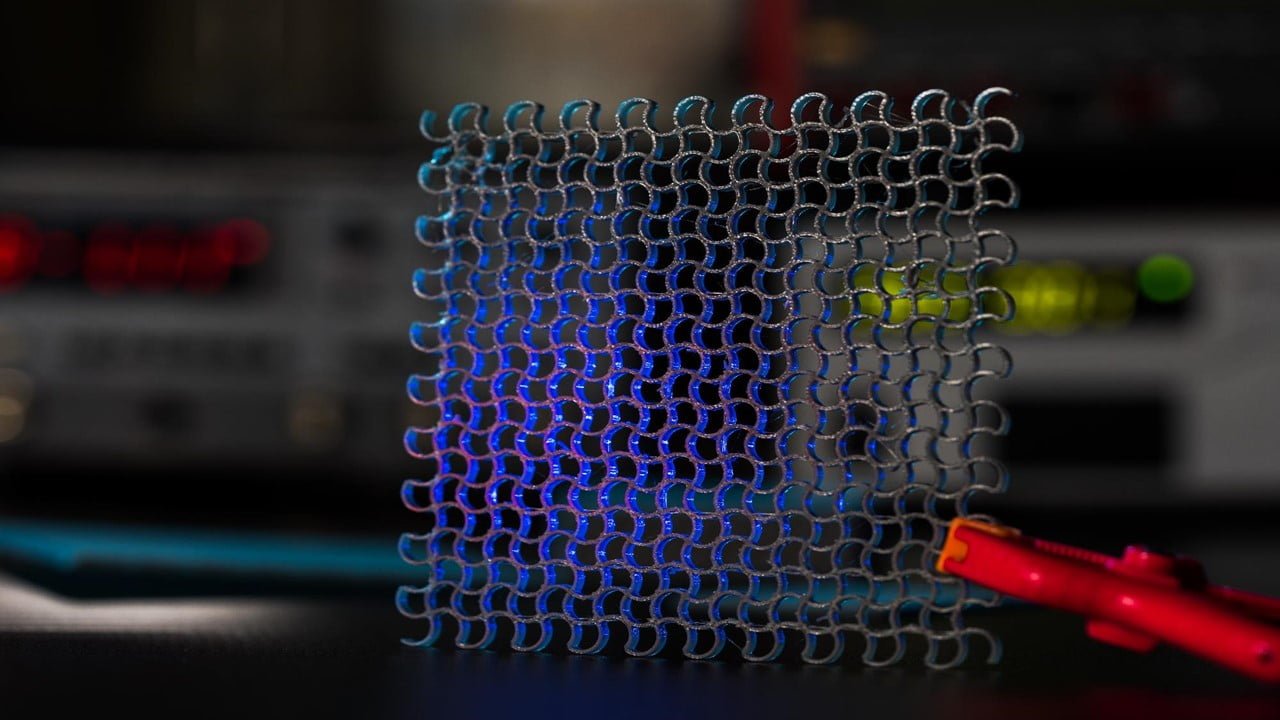
In a recent study, researchers created a novel technique for using angular momentum (AM) holography for information multiplexing. Low resolution and a narrow field of view are drawbacks of holography based on standard optical components like spatial light modulators (SLM), which limit its practical uses. However, by substituting metasurfaces for the traditional parts, scientists can [..]
Read More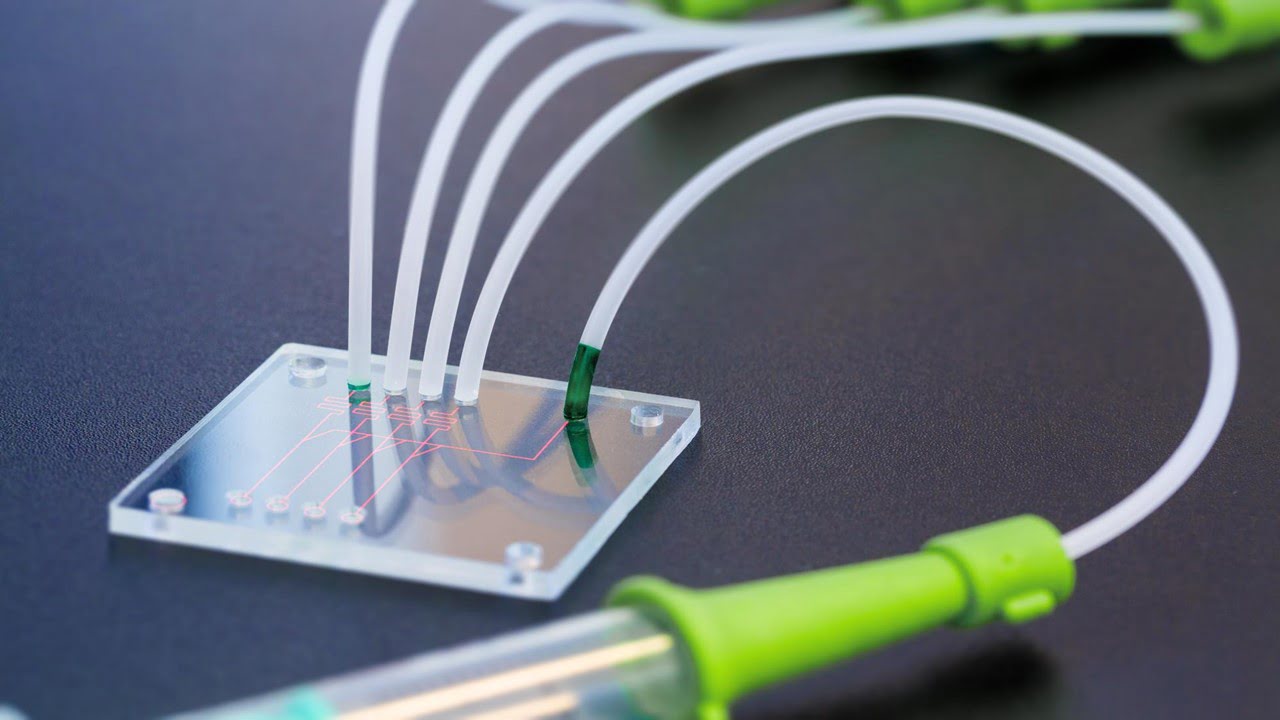
A recent study provided crucial insights into the mechanism mediating brain metastasis using state-of-the-art in-vitro microfluidic technology. Options for therapy are limited when cancer spreads to the brain. Most drugs made to fight metastases either cannot penetrate the blood-brain barrier or are ineffective against brain metastases. According to the lead researcher, “understanding how cancer cells [..]
Read More
By observing atoms in space, a study team will develop technology and tools to enhance the measurement of significant climate factors. They will concentrate on quantum technology called quantum sensing, which could be used to gather more precise data and allow previously unheard-of scientific measurements. These sensors could aid spacecraft in orbit in gathering information [..]
Read More
Researchers demonstrate the powers of their brand-new Multi Camera Array Microscope (MCAM), a high-speed, 3D, gigapixel microscope. The device is giving researchers worldwide new opportunities by capturing 3D movies of the behavior of numerous freely swimming zebrafish or the grooming activity of fruit flies in close to cellular-level detail across a very broad field of [..]
Read More
For use in biomedical research, the Hyperpolarized MRI Technology Resource Center (HMTRC) creates and makes hyperpolarized (HP) 13C MR techniques, instrumentation, specialized data acquisition techniques, and analysis tools available. A new molecular imaging method called hyperpolarized 13C MRI offers unheard-of data on tissue metabolism. Advancement of precision molecular imaging and addressing unmet clinical requirements in [..]
Read More
Hydrogen is a key component in the search for sustainable and pure energy. But because the gas is explosive when combined with air, this shift faces significant difficulties. It is essential to be able to identify hydrogen leaks as soon as feasible because of this. Researchers have created an optical sensor that can identify hydrogen [..]
Read More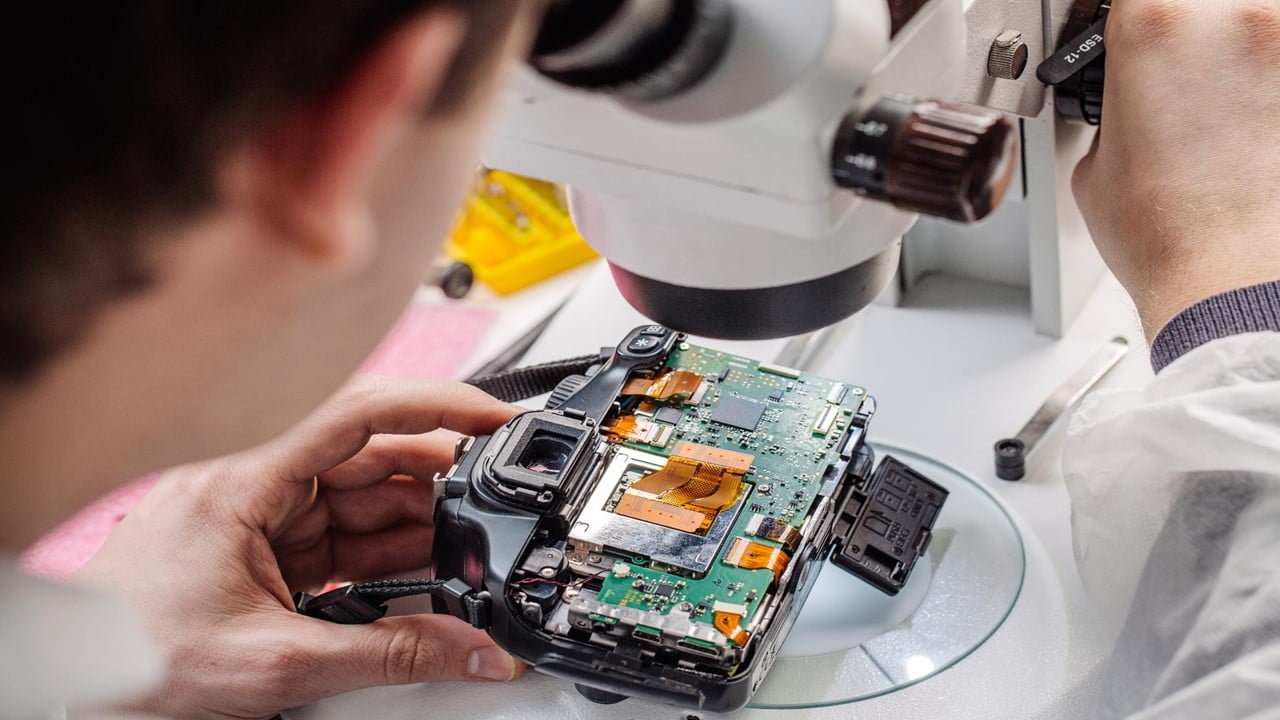
Creating new information and communication technologies presents new challenges for scientists and businesses. The most promising approach to overcoming these difficulties is to create novel quantum materials with exceptional properties derived from quantum physics. A multinational team has created a material in which the curvature of the space fabric in which electrons evolve can be [..]
Read More
Worldwide, sudden cardiac arrest (SCA) is one of the main causes of death. The SCA-to-resuscitation interval highlights the therapeutic need for accurate and prompt SCA detection, a critical factor in determining patient outcomes. This application may benefit from the non-invasive visual method called near-infrared spectroscopy (NIRS). A non-invasive optical biosensing method called near-infrared spectroscopy (NIRS) [..]
Read More
Researchers have created new imaging technology that can generate 3D maps in real-time and across the full surface of the uterus during labor, revealing the magnitude and distribution of uterine contractions. This technology, which builds on imaging techniques long used to image the heart, can image uterine contractions noninvasively and in much more detail than [..]
Read More
Diagnostic imaging significantly improves clinical analysis and medical intervention by providing doctors and scientists with essential visual representations of internal body structures. Researchers are constantly making strides in knowing how different imaging technologies can improve human health. Brillouin microscopy, in contrast to more traditional imaging techniques like confocal fluorescence microscopy, can obtain mechanical data (such [..]
Read More
A research team used a microresonator’s two optical and two mechanical modes to show nonreciprocal routing between modes with different frequencies through radiation pressure force. Systems for processing information and performing detection based on photons and phonons often include optical and acoustic nonreciprocal devices. Although magnetically induced nonreciprocity is frequently used in optical devices, device [..]
Read More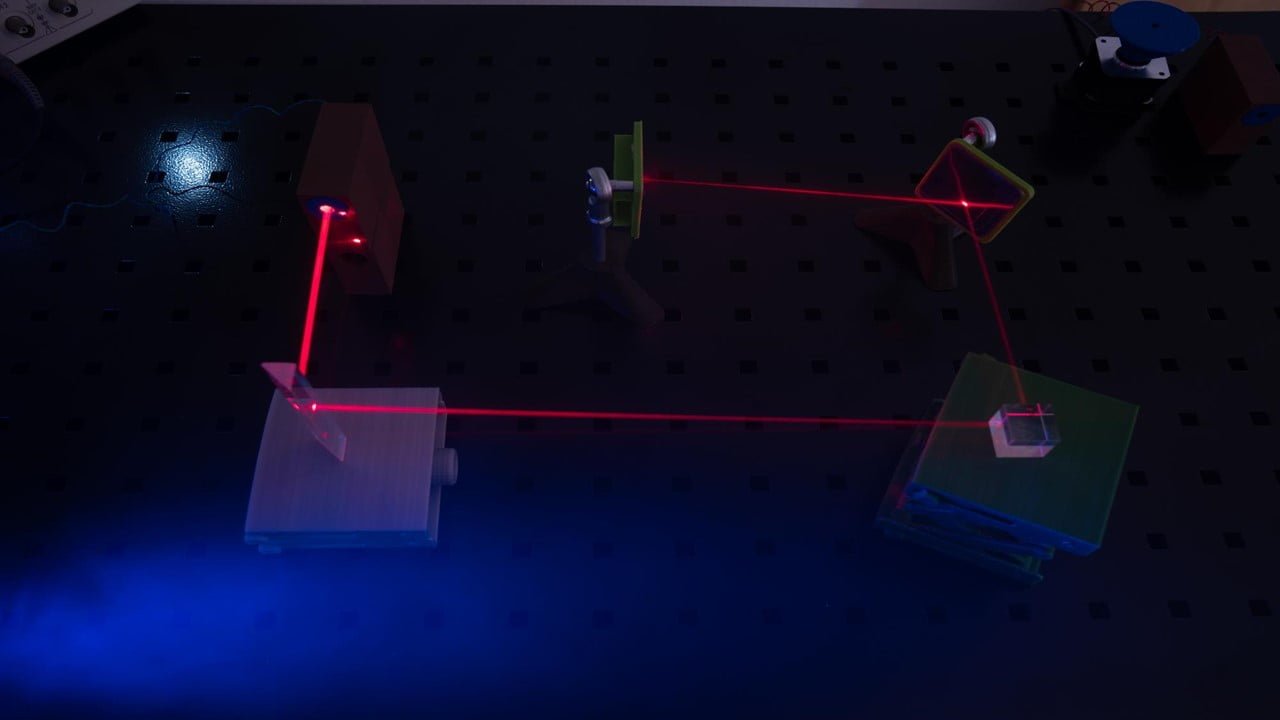
Researchers’ simulations of ice-cold electron beams may open the door to shrinking X-ray free-electron lasers (X-FELs) to a small portion of their present dimensions. X-FELs, also known as “engines of discovery,” transform the kinetic energy of an electron beam into strong photon bursts that extend down to hard X-ray wavelengths. For hot-dense matter research, resolving [..]
Read More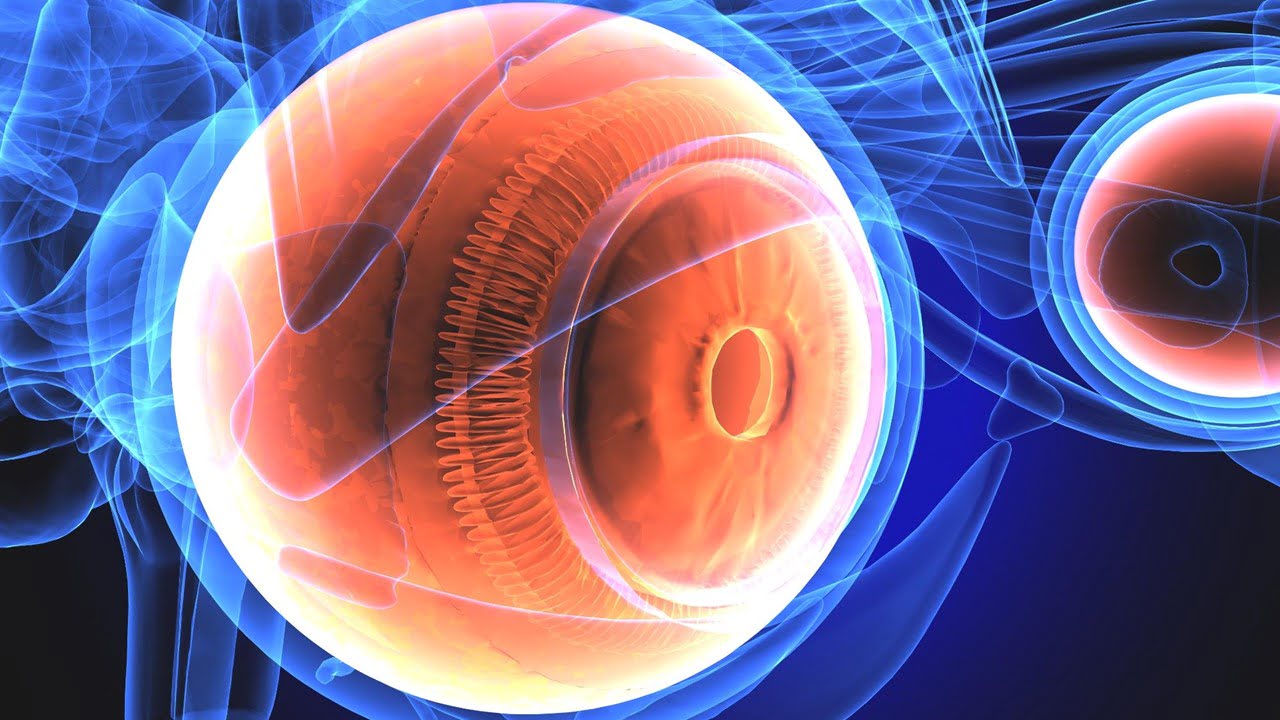
Researchers discovered that one application of half-dose photodynamic therapy (PDT) targeting the fovea helped treat patients with chronic central serous chorioretinopathy (CSC) structurally and functionally, and they did not experience foveal atrophy. To ascertain the impact of this therapeutic approach, the study team conducted a retrospective analysis of data from patients with chronic CSC who [..]
Read More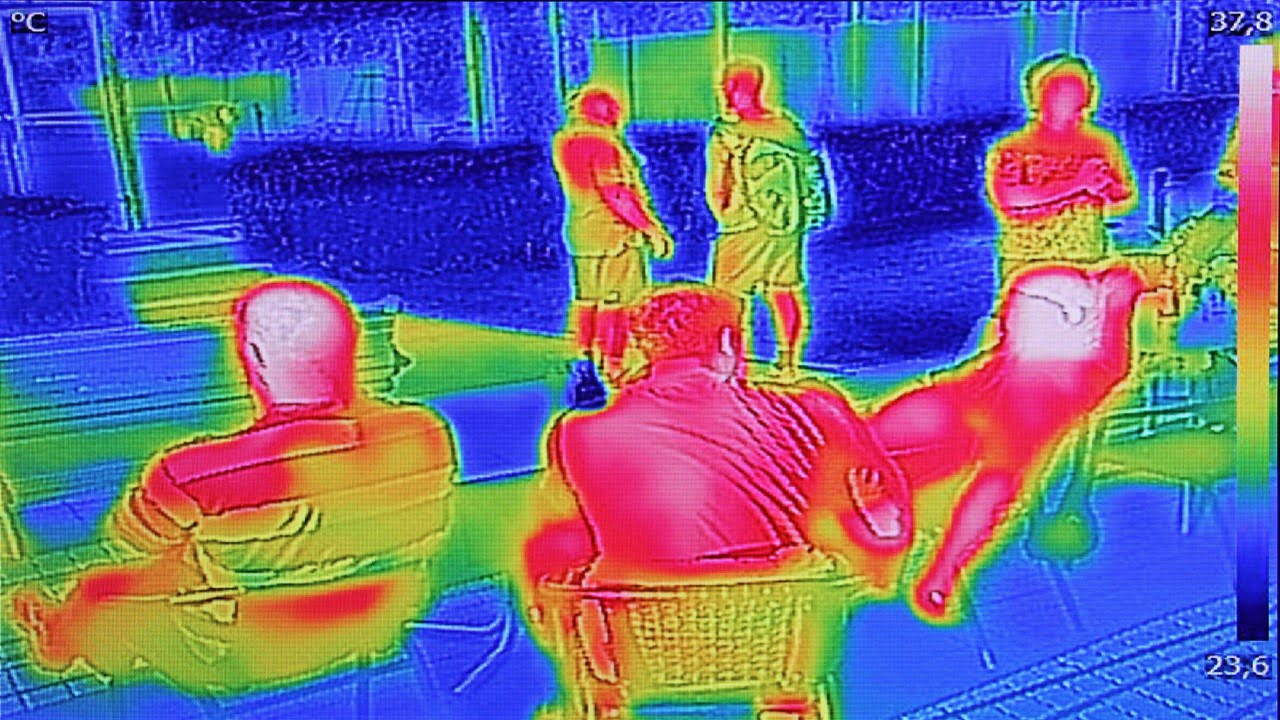
Although uses for low-light imaging are numerous, they are only available in the visible spectrum, where detector noise performance is optimal. Although the camera’s noise floor is about 200 times higher, researchers demonstrated a full-field, homodyne imaging device that can image at the single-photon level in the shortwave infrared. Gabor first proposed this interference method [..]
Read More